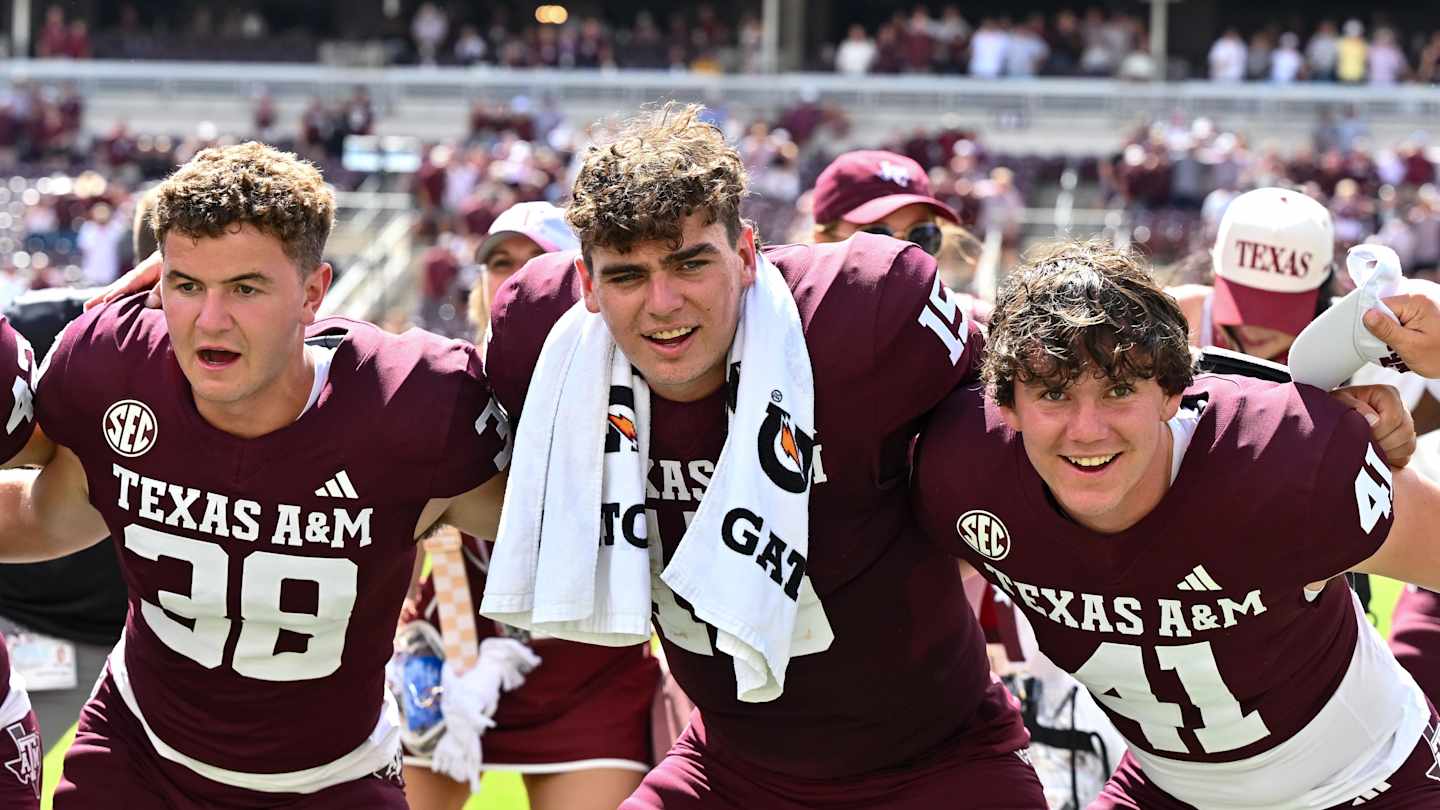MaxyJR1
Well-known member
- Joined
- Nov 20, 2008
- Messages
- 14,844
- Reaction score
- 11,075
- Points
- 113
The Ivy League is not opting in to pay athletes. I saw that NDSU was not as well. Students will continue to earn NIL deals on their own or through collectives. Some FCS schools are opting in to pay athletes.


